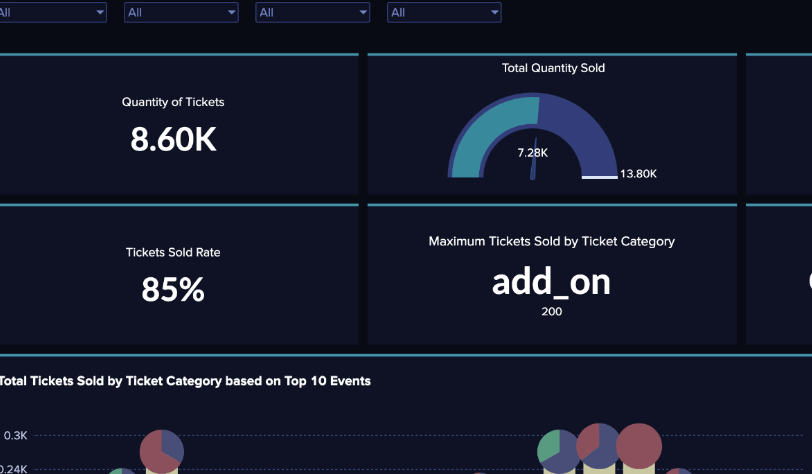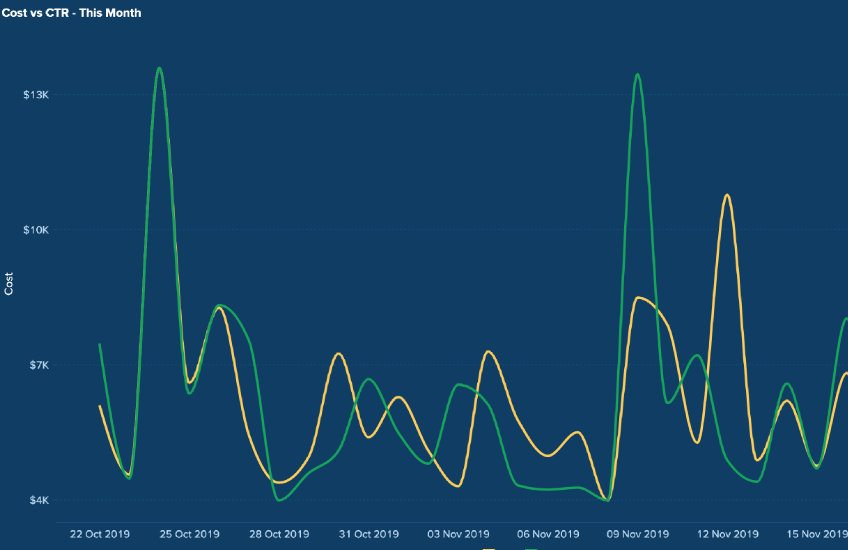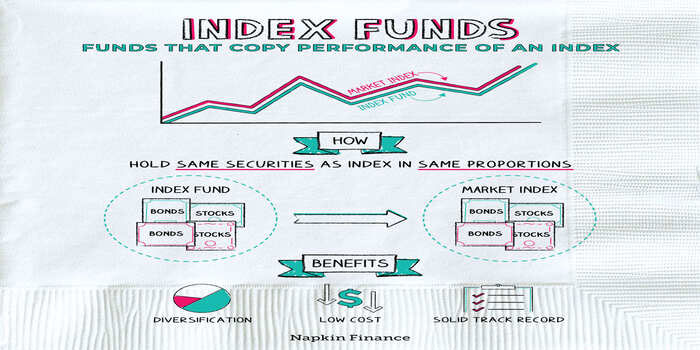How exactly does Eventbrite make money?
Jan 14, 2024 By Triston Martin
Thanks to its recent initial public offering, many potential investors in growing businesses are now keeping tabs on EVENTBRITE, INC. (EB). San Francisco has been home to the company's headquarters since its inception in 2006, and its stock price rose by 59% on its first trading day. There is a promotion for events and ticket sales on their website.
There were 949,000 "creators," or event organizers, in the Eventbrite community as of 2019; they were responsible for 4.7 million events in 180 different countries.
With those data, we anticipate our 2019 net revenues will be $326.8 million, up 12% over the preceding year. A rise of 44.7% from the prior year preceded this. Due to escalating advertising and promotion costs, Eventbrite has continued to report losses despite increasing revenue. The company lost $64.1 million in 2018 and another $68.8 million in 2019. The looming pandemic in 2020 didn't help matters. That year, they lost $224.7 million and made a negative $3 in revenue.
What business model does Eventbrite use to generate revenue?

Eventbrite relies heavily on the service fee it charges for every ticket sold. S-1 documents state, "we grow with creators as they plan, publicize, create additional events and expand attendance."
There are three tiers available to content makers on its web platform: Essential, Professional, and Premium. Event organizers don't have to pay anything to use the Essential or Professional media, but Eventbrite takes a different cut.
The company will keep 2% plus $0.79 from each Essential package ticket sold beginning in 2021. During the same time frame, the company retains 3.5% plus $1.59 per ticket sold via the Professional platform. Payment processing carries its own 2.5% fee.
Customers that upgrade to the Professional plan gain access to a more customizable checkout page and comprehensive sales statistics. The Premium package charge is figured out case-by-case and is tied to the number of tickets sold. Plus, customers get branded, customizable content and forms.
Eventbrite still has you covered when your event is held in the real world, with rental options for ticket booths and entrances. With these services, Eventbrite can learn more about its consumers, including their contact information, payment information, and identification documents. Either the data is shared with the event's organizers or used for internal company purposes like customer segmentation.
Beyond simply selling tickets, the Eventbrite app also has features that make registering for events more accessible. By scanning barcodes on tickets, the Entry Manager program can confirm attendance. With the At The Door app, you can collect credit card payments right at the door, allowing you to make those last-minute sales.
Locating Future Income Sources

Despite Google's (GOOG) already dominant position in online advertising, Eventbrite has created a name for itself in the event-discovery market. Eventually, the business would like to broaden the range of its revenue streams. Eventbrite plans to expand its target audience to include theatres, movie theatres, concert halls, and sports stadiums, according to the company's S-1 filing. Eventbrite's S-1 filing states that the company will profit from various long-term trends, such as the rising preference for experiences over items among consumers and the 44% job growth expected in the event management industry between 2010 and 2020.
Eventbrite is a platform where people worldwide can go to find events, host their own, and tell others about them.
The primary source of income for Eventbrite, an online service for selling and organizing event entrance, is service charges placed on individual tickets.
It is possible to acquire them by purchasing and reselling tickets on the website. You can choose from Essentials (2% plus 79 cents), Professional (3.5 percent plus $1.59), or Premium (3.5 percent plus 79 cents) for your service fee. These costs are divided among three tiers of service. Tickets are $9.95 each.
Explain how Eventbrite functions
Eventbrite is a platform for managing and selling tickets to events. People can use community service to plan and promote their affairs. The service charges event organizers a fee to offset the costs of offering online ticketing services unless the event is free. In other words, it's a platform that facilitates the sale of tickets and the administration of affairs.
Using Eventbrite, anybody can create, market, and host an event online and sell tickets to attendees. Events like concerts, festivals, yoga classes, and many more can be witnessed in person or online.
Fees for each ticket sale are integral to Eventbrite's business model, regardless of who makes the purchase (the event organizer or the attendee). Rental fees for equipment (such as scanners) are another source of income for the company.

Sears Shop Your Way Mastercard Review

New Jersey Payroll Guide: Step-by-Step Teachings for Small Businesses

TimeTrex 2024 Review: Is It the Right Workforce Management Tool?

Top 3 Index Funds For Investors With A Long-Term Perspective

Webull Review 2024: Free Trading App for Beginner and Pro Investors

What's A Fee-Based Investment?

Apple's Financials

Top 4 Best Commodity Trading Books Of 2022

Investing in The 10-Year U.S. Treasury Notes: Its Benefits and Phases

How To Get A Mortgage Refinance Even If You Have Bad Credit

Explain in Detail: Why Invest In Index Funds?
